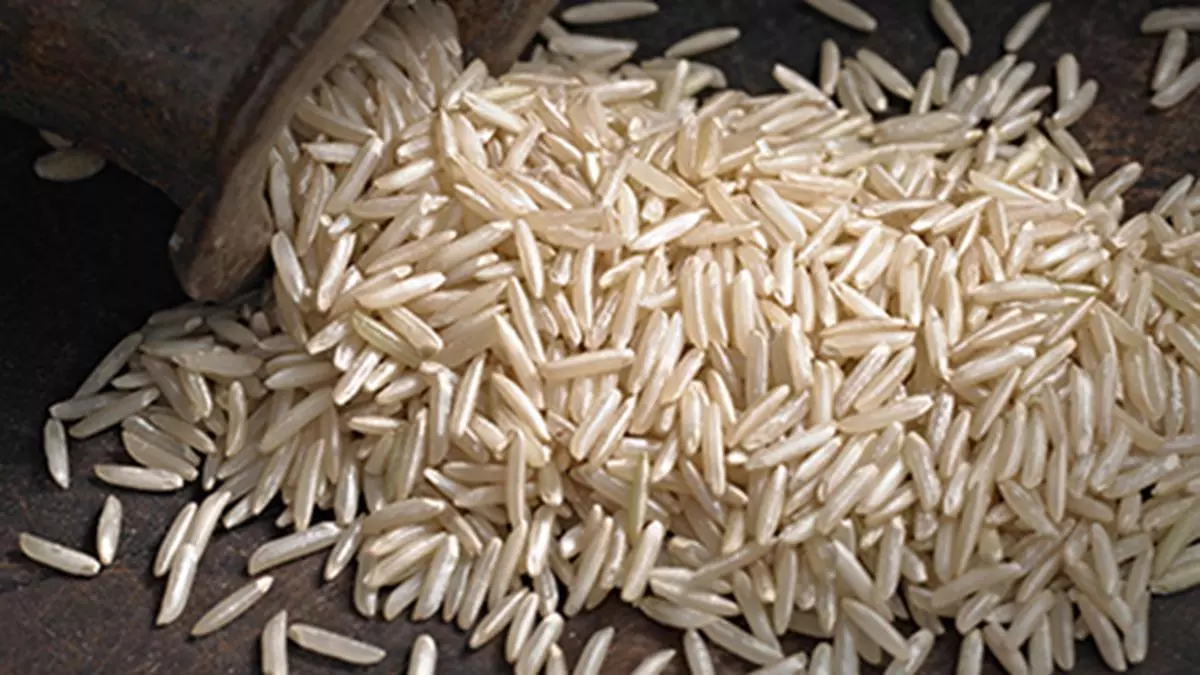If Indo-EU GI tag deal goes through, New Delhi may get exclusive rights for basmati
India may get the Geographical Indication (GI) tag for Basmati rice in the European Union if a deal between the two on providing GI tags for one another products comes through later this year.
India and the EC have held six rounds of negotiations till now on arriving at an agreement on the GI tags issue.
According to documents made available to businessline, India and the EU met over two sessions on March 12 and 13 with the “key achievement” being “agreeing to exchange GI short lists by the end of April”. Each will submit names of 200 products for which they seek GI tag.
Art 23 of TRIPS
India will submit a list of its products for scrutiny by the European Commission for GI tags to basmati rice and 199 other products by this month-end
S Chandrasekaran, a GI expert and author of the book “Basmati Rice: The Natural History Geographical Indication”, India and the EU are looking for higher protection under Article 23 of Trade Related Intellectual Property Rights (TRIPS).
“This means India will emerge the winner in the fight for GI tag to basmati rice. It will help gain exports of 4 lakh tonnes of basmati rice that will ultimately result in a $500-million market gain,” he said.
The GI tag deal between India and the EU will render null and void the current process of India and Pakistan seeking GI tag. India had filed for a GI tag in July 2018 and Pakistan submitted its request only recently.
Willing to accommodate
The EU had been dragging its feet on providing the GI tag as it wanted India and Pakistan to jointly seek it but New Delhi has turned down the suggestion since it could question the nation’s sovereign integrity.
The agreement on GI Tag will be treated on a higher plane as it falls under the purview of Article 23 of the TRIPS agreement. “Article 23 provides stronger protection and it will fast track applications for GI protection,” said Chandrasekaran.
The EU could be willing to accommodate India’s interests if the deal goes through since it is keen to get GI protection for its unique cheese, wines and spirit drinks.
With some of the EU members such as France and Italy going to the polls later this year, a GI deal will be seen in the positive light and help the current regimes in these member-nations. Both France and Italy have quite a few products for which the EU wants GI tag from India. A deal will likely be welcomed by farmers in both these countries, which had witnessed protests by growers in recent months.
Next round after polls
According to the understanding reached at last month’s meeting, India and the EU will exchange a list of 200 products to be scrutinised for pre-screening purposes to issue GI tags. Formal opposition procedures will be launched at a later stage.
The next round of talks will take place once progress on the text is possible. This will, most probably, be after the Lok Sabha elections are held and a new government is sworn-in.
Sources in the know said the scrutiny of the 200 products on each side will be done jointly. In the fifth meeting held in December, both discussed the perspectives and modalities for inclusion of non-agriculture GIs in the scope of the agreement once the EU regulation on protection of crafts and industrial GI will be applicable.
The EU, documents said, understands that achieving some objectives that are key for it such as GI protection via the bilateral agreement, high level GI protection or administrative protection is linked to the “legislative revision” of India’s GI law that is pending.
Even without the deal, India is of the view it has a strong case against Pakistan in the GI tag issue since Islamabad’s application has several inconsistencies and also seeks the tag for Pusa 1121 variety that has been developed in India in a different name.
